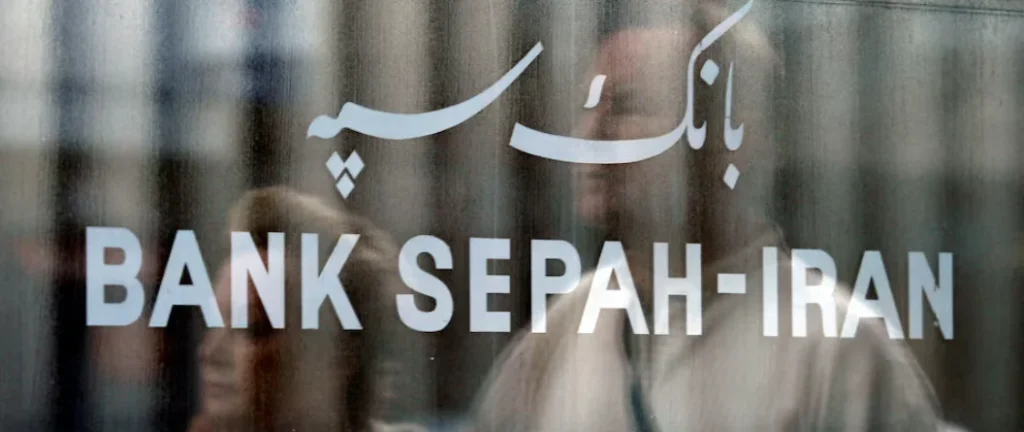The Nigerian Upstream Petroleum Regulatory Commission (NUPRC) has rolled out a new technology-driven oil export framework designed to improve transparency, accountability, and operational efficiency in the export of crude oil and petroleum products from Nigeria.
The initiative, unveiled under the Nigerian Upstream Petroleum Advance Cargo Declaration Regulation 2024, introduces digital tracking and verification protocols to strengthen regulatory oversight in Nigeria’s oil export sector.
Key Highlights of the New NUPRC Export System
According to a statement by NUPRC’s Public Affairs Unit, the new system applies to all licenses and leases issued under the Petroleum Industry Act (PIA) 2021 and covers the export of:
- Crude oil
- Natural gas
- Natural gas liquids (NGLs)
- Refined petroleum products
All exports from terminals and export points across Nigeria will now be subjected to stricter compliance standards and digital verification procedures.
New Export Compliance Requirements
Under the new guidelines, exporters must complete the following steps through NUPRC’s digital platform before initiating any crude shipment:
- Obtain an export permit
- Secure vessel clearance
- Receive a Unique Identification Number (UIN)
The UIN must be embedded in all core export documentation, including:
- Bill of Lading
- Certificate of Origin
- Cargo Manifest
NUPRC emphasised that this UIN system will ensure traceability and regulatory compliance and eliminate false reporting.
Real-Time Cargo Monitoring Through Advance Declaration Portal
The centrepiece of the new framework is the Advance Cargo Declaration Portal, a real-time digital monitoring system that integrates with other government export platforms. The portal enables seamless:
- Verification of exporter identity
- Validation of cargo volumes
- Monitoring and reconciliation of crude oil exports
NUPRC warned that incomplete or fraudulent applications for vessel clearance will be rejected and violators will face sanctions in accordance with the new regulations.
“These new guidelines represent a significant step towards a more transparent, accountable, and efficient oil export regime in Nigeria,” the Commission stated.
A Strategic Move to Tackle Opacity and Boost Revenue
NUPRC Chief Executive Officer Gbenga Komolafe said the system aligns with the Commission’s mandate to:
- Boost government revenue
- Minimize resource losses
- Reinforce regulatory oversight
Komolafe added that the framework directly supports the objectives of the Petroleum Industry Act (PIA) 2021, which seeks to overhaul Nigeria’s oil and gas industry through modernised, tech-enabled governance structures.
The NUPRC’s tech-driven export system marks a major regulatory milestone for Nigeria’s oil sector. By implementing digital verification, real-time tracking, and strict compliance enforcement, the Commission aims to reduce losses, increase transparency, and strengthen Nigeria’s position in the global crude oil market.











